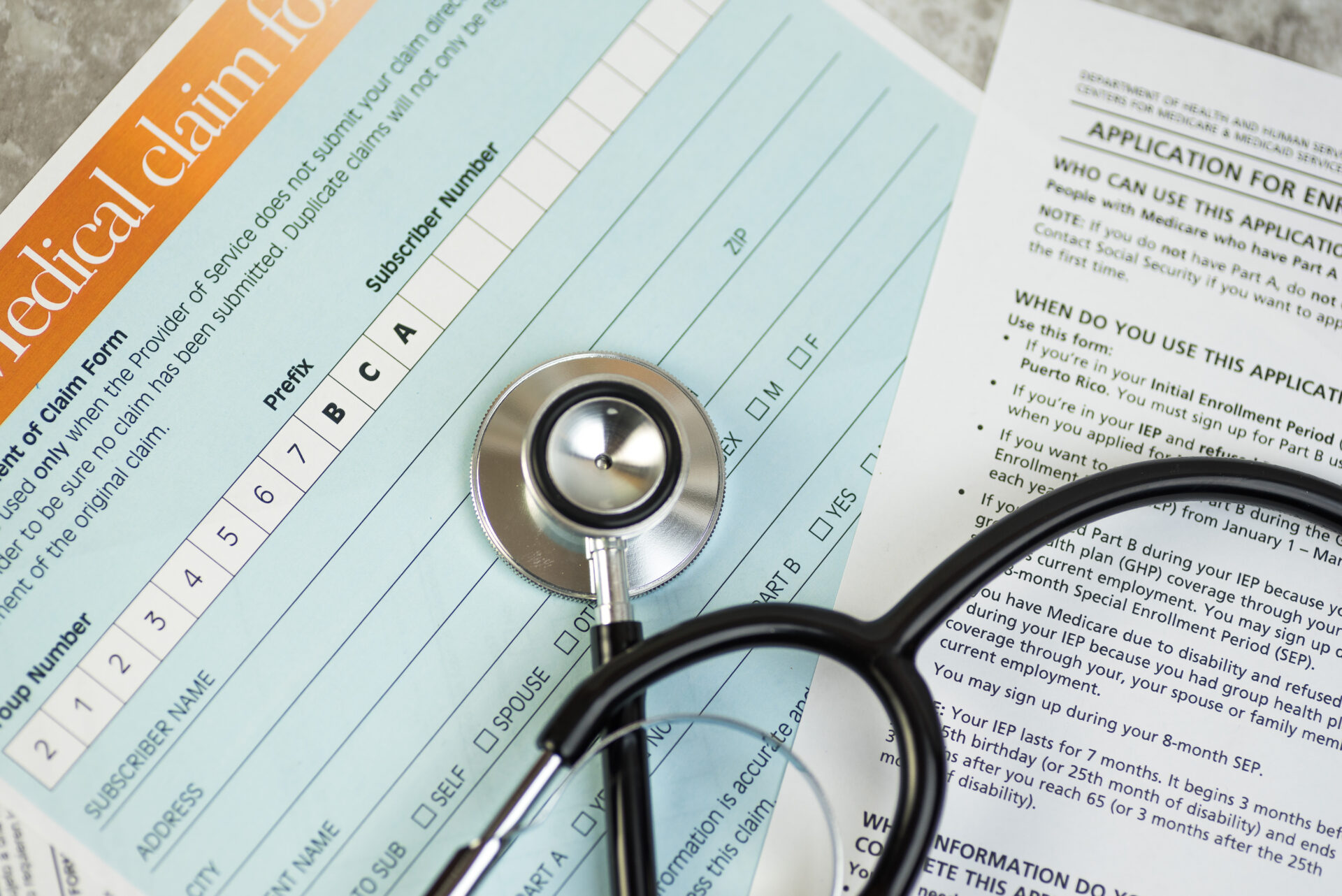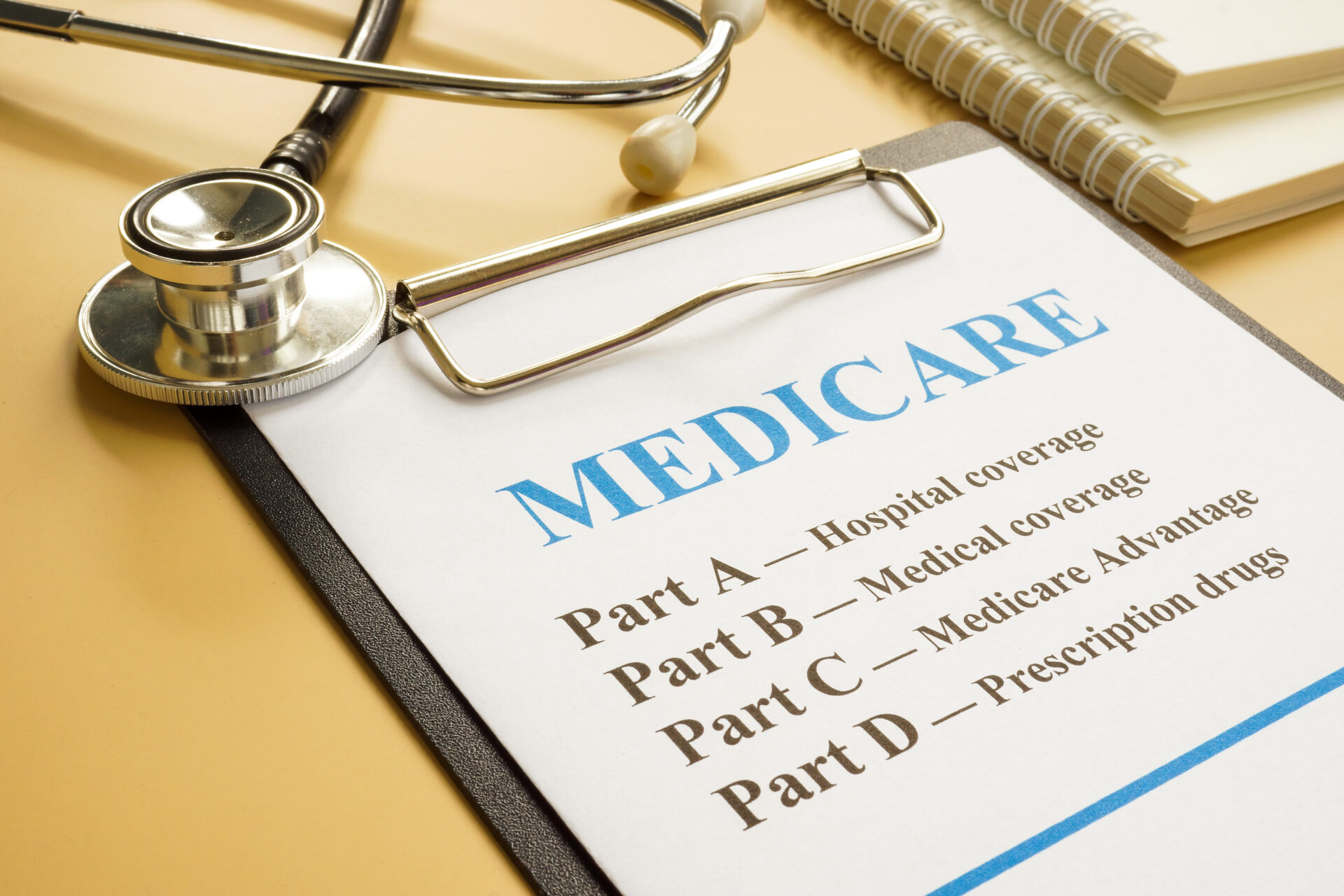Healthcare professionals look for comprehensive support from manufacturers to effectively use products, ensure patient safety, and keep up with advancements. Here are some key types of support they seek:
- Training and Education:
Product Training: Detailed, hands-on training for using devices or equipment safely and efficiently, especially for complex or high-tech products.
Ongoing Education: Opportunities to stay current on updates, product improvements, or new clinical applications through workshops, webinars, and certification programs. - Clinical and Technical Support:
On-Demand Support: Quick access to knowledgeable support teams, available 24/7, who can answer questions or troubleshoot issues that arise during use.
Clinical Insights: Data, studies, or case examples showing the product’s efficacy and best practices, helping professionals make informed treatment decisions. - Product Resources and Documentation:
Clear Instructions for Use: Easy-to-understand guides, quick reference cards, and videos that help providers use products correctly.
Evidence-Based Resources: Access to clinical studies, research papers, and guidelines that reinforce the product’s value and align with current medical standards. - Patient Education Materials:
Patient-Focused Literature: Brochures, videos, and digital resources that help patients understand the product, its purpose, and how it will support their treatment.
Training for Patient Interaction: Guidance on how to discuss the product with patients, particularly for products that require patient involvement or follow-up care. - Post-Sale Service and Maintenance:
Regular Maintenance and Updates: For devices or equipment, regular check-ups, updates, and software patches that ensure reliability and safety.
Warranty and Repair Services: Fast, dependable repair and replacement options to reduce downtime and keep patient care uninterrupted. - Regulatory and Compliance Guidance:
Compliance Training: Resources to help healthcare professionals understand regulatory guidelines and best practices, such as those from the FDA or international health authorities.
Risk Management Support: Tips and tools for minimizing risks in clinical use, especially for high-stakes or invasive devices. - Partnership and Collaboration Opportunities:
Feedback Channels: Platforms where healthcare providers can share real-world feedback on product performance, which helps manufacturers improve offerings.
Clinical Trials and Research Collaboration: Opportunities to partner on clinical research that advances the field and demonstrates the product’s effectiveness in diverse clinical settings.
Healthcare manufacturers can build strong, trust-based relationships with providers by providing this multifaceted support, helping them deliver safer and more effective patient care.





